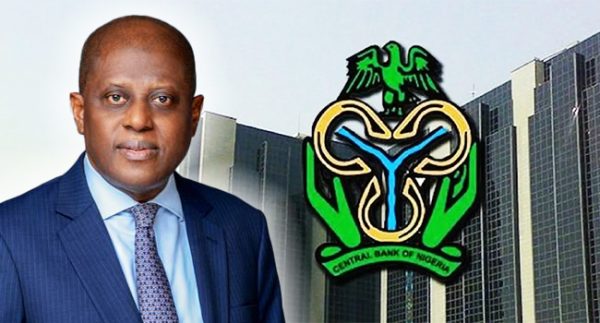The Monetary Policy Committee (MPC) of the CBN raised Monetary Policy Rate (MPR) – inter-bank loan interest rate – by 200 basis points, to 24.75 percent from 22.75 percent on Tuesday.
MPR is a short-term, often overnight rate that banks charge one another to borrow funds.
The MPC is the highest policy-making body within the CBN responsible for formulating and implementing monetary and credit policies for the country.
It plays a crucial role in regulating the Nigerian economy by influencing key economic indicators like inflation, interest rates, and exchange rates.
Governor of the CBN, Mr Yemi Cardoso, announced the raise in a communiqué he read on the 294th meeting of the MPC.
ALSO READ: Experts differ on rates tightening as MPC meets
Cardoso announced that the MPC also adjusted the Asymmetric Corridor to +100/-300 basis points around the MPR and retained Cash Reserve Ratio at 45 percent.
The Monetary Policy Committee (MPC) of the Central Bank of Nigeria (CBN) plays a crucial role in formulating monetary and credit policy for the country.
The MPC consists of the following members: The Governor of the Central Bank of Nigeria, who serves as the Chairman of the MPC; Four Deputy Governors: These are senior officials within the CBN who contribute to policy discussions and decisions; Two Members of the Board of Directors of the Bank: These individuals provide additional perspectives and expertise; Three Members Appointed by the President: These external members bring diverse viewpoints and contribute to policy formulation; and Two Members Appointed by the Governor: These external members also participate in shaping monetary policy.
The MPC’s responsibilities include reviewing economic and financial conditions, determining the appropriate policy stance, and communicating policy decisions effectively to the public. They meet bi-monthly to deliberate on these matters.
NAN


